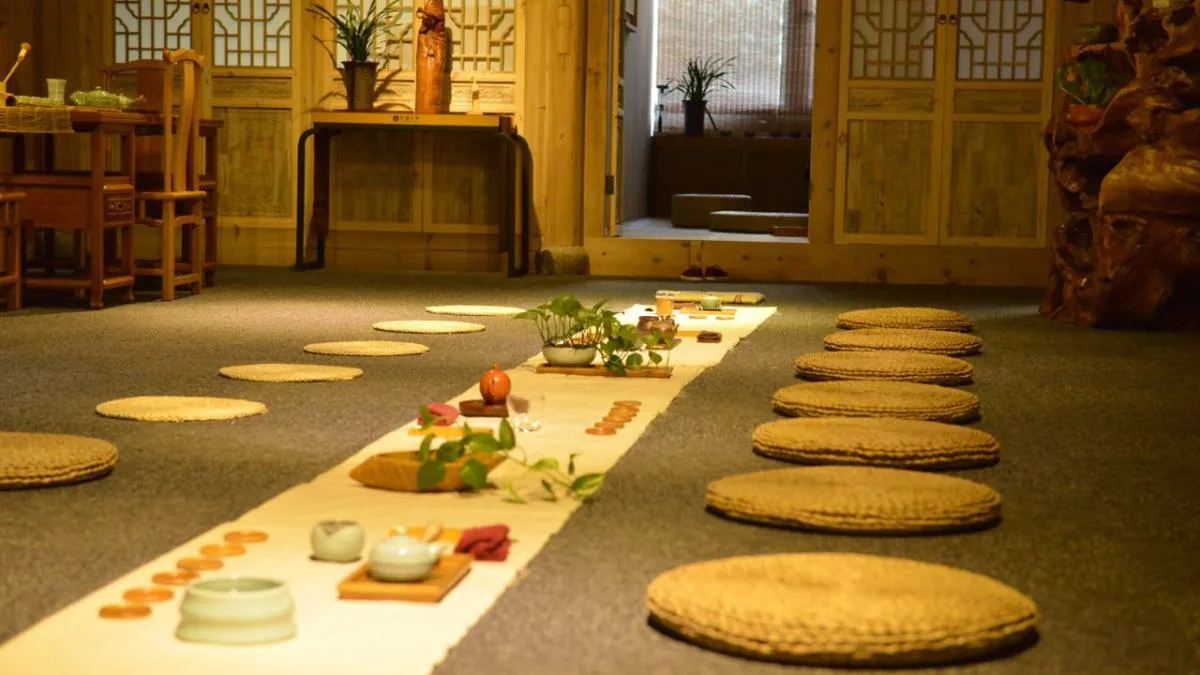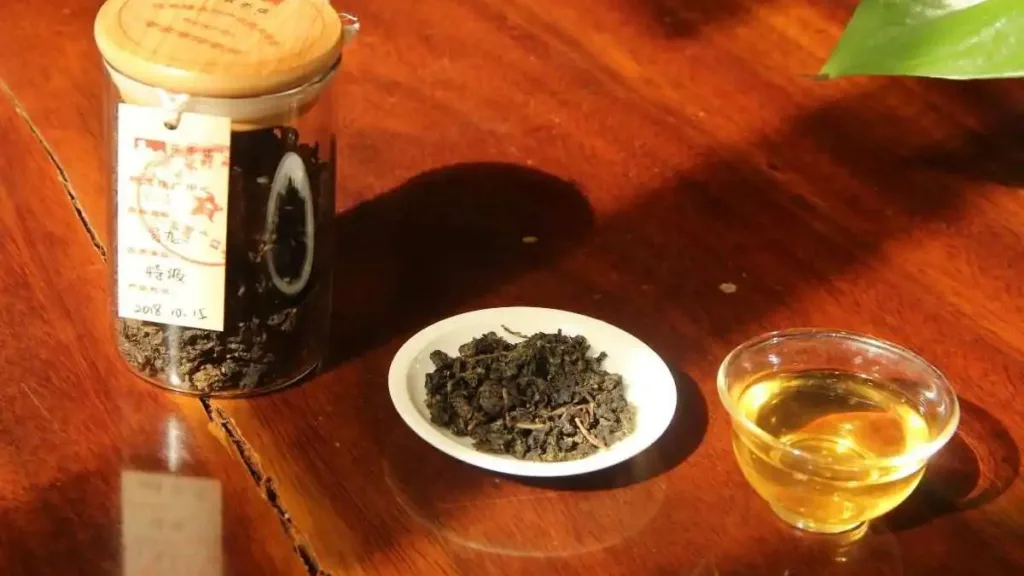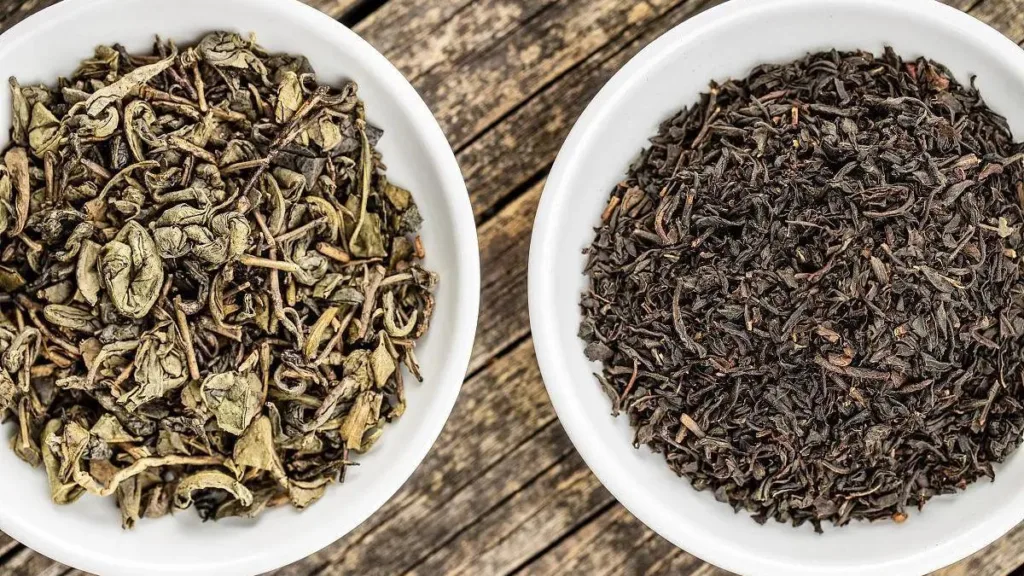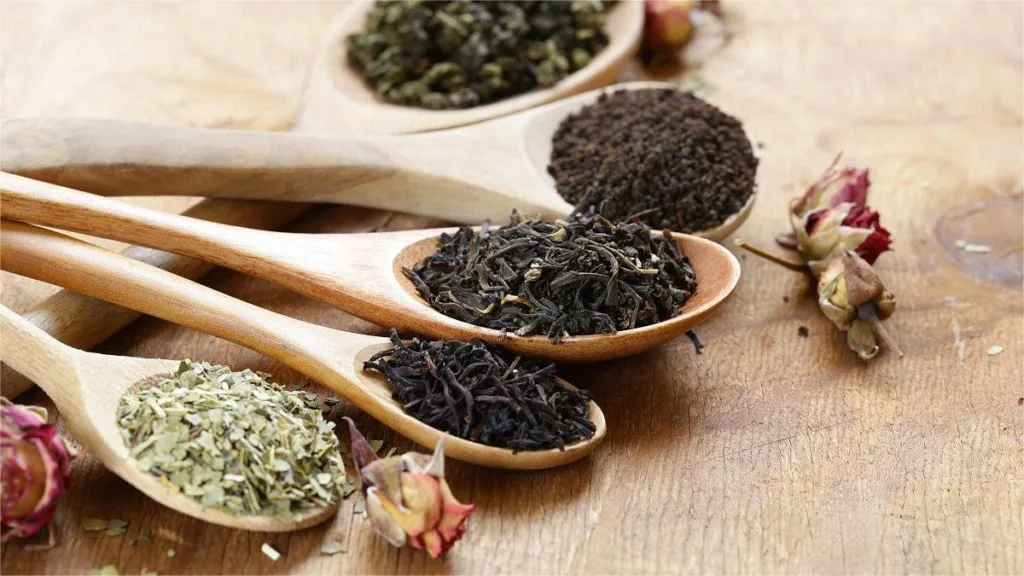Buddhism arrived in China during the later years of the Western Han Dynasty and has since held a significant place in Chinese history. Zhejiang, a coastal province in eastern China, is known for its rich history as a hub of silk production and agriculture, earning it the reputation of being the “Land of Silk and Rice.” Due to its favorable climate and soil conditions, Zhejiang has been an ideal region for the cultivation of tea for many centuries, leading to the production of a wide variety of renowned teas such as West Lake Longjing, Anji Bai Cha, Guzhu Zi Sun, Tianmu Qingding, and Wuzhou Dongbai, among others. The connection between tea and Buddhism is apparent in various aspects, with tea playing a unique role in the practices of Buddhism. This essay explores the profound influence of Buddhism on Chinese tea culture, specifically in the context of Zhejiang, and how tea has become intertwined with the spiritual, social, and meditative aspects of Buddhism.
1. Zhejiang Tea Highly Revered by Buddhism
At the end of the Western Han Dynasty, Buddhism was introduced to China. Initially, Chinese people had little understanding of its nature and often confused it with Daoism, which had deep roots in Chinese soil. However, during the Wei-Jin, Southern and Northern Dynasties, Sui, and Tang periods, as China experienced turmoil and conflict, Buddhism began to gain acceptance, especially among the working class. Buddhism’s teachings were seen as a source of solace, with the weak and suffering turning to Buddhism for blessings, and the wise and erudite choosing to lead a reclusive life. As Buddhism began to thrive, Buddhist monasteries were established all over the country.
Zhejiang, a province in eastern China, experienced a proliferation of Buddhist temples and monasteries during this period, especially during the Eastern Jin Dynasty. The notable Lingyin Temple and Fayun Temple in Hangzhou, as well as the Ayuwang Temple in Ningbo, were part of a network of monasteries that grew to prominence during the Wu and Yue states, eventually earning the region the moniker of the “Buddhist State.” As Buddhism gained popularity, it led to an increased demand for various aspects of daily life, including the role of tea in monastic practices. Zhejiang tea, as a vital component of Chinese tea culture, established a deep connection with Buddhism on various levels.
1.1. The Need for Tea in Meditation
Tea was favored by Buddhist monks due to its ability to invigorate the mind and reduce drowsiness. The meditative practice of Buddhism, known as Zen or Chan in Chinese, relies on a state of calmness, stillness, and deep concentration. Tea’s properties made it an ideal beverage for monks who sought to stay awake and focused during their long hours of meditation.
In Zen Buddhism, the monks often drink tea as part of their meditation rituals, and it serves as a way to remain alert and clear-headed. Tea is known for its properties that help in breaking through mental obstacles and enhancing mindfulness. The simple act of making and drinking tea can become a meditative practice in itself, promoting mindfulness and concentration.
Tea is especially important for Chan Buddhism, a branch of Buddhism that emphasizes meditation and direct insight into one’s true nature. The tranquility of tea preparation and the act of savoring each sip of tea align with the Zen concept of mindfulness and being present in the moment. This connection between tea and meditation is a testament to the deep influence of Buddhism on tea culture in Zhejiang and China as a whole.
1.2. Pursuit of Longevity
Buddhist monks, like Taoist practitioners, had a keen interest in longevity and seeking a path to immortality. The quest for a long and healthy life was heavily influenced by Daoist ideas of longevity and immortality. In Daoism, there was a strong belief in the use of elixirs and alchemical practices to achieve immortality, and some of these practices incorporated tea. This influence eventually made its way into Buddhist communities.
Tea, with its reputation for promoting health and well-being, became a part of the monastic lifestyle. Monks found that tea could not only keep them awake and alert but also support their overall health. Tea’s natural properties, such as its ability to clear the mind and energize the body, made it a suitable choice for those pursuing a long and healthy life.
The concept of using tea as a way to promote longevity and well-being resonated with Buddhist practices. As a result, the use of tea in monastic communities became more widespread, with monks integrating it into their daily routines to enhance their overall health and vitality.
1.3. Ritual Significance of Tea
In Buddhism, tea gained a ritual significance as it was offered to the Buddha and other deities as a form of devotion. The act of making and serving tea as an offering became an essential part of Buddhist rituals, and tea was seen as a conduit for communication between the human realm and the spiritual realm.
Tea ceremonies and rituals are integral to many Buddhist practices. Tea is used as an offering to deities and ancestors, and it symbolizes purity and a harmonious connection with the divine. The act of brewing and presenting tea is often imbued with deep spiritual meaning, and it is an important aspect of many Buddhist ceremonies.
This ritual significance of tea in Buddhism has further strengthened the connection between Buddhism and tea culture in Zhejiang and beyond. It has become a symbol of reverence and spiritual devotion, enhancing the role of tea in both religious and daily life.
1.4. The Essence of Zen in Tea
Zen Buddhism, with its focus on self-discovery and direct insight into one’s true nature, shares common ground with the practice of tea. Both Zen and tea ceremonies emphasize simplicity, mindfulness, and the present moment. The act of brewing and savoring tea is often seen as a form of meditation, promoting a sense of inner peace and tranquility.
In Zen philosophy, the journey of self-discovery aligns with the act of brewing tea. Just as Zen practitioners seek to understand their true nature, tea connoisseurs aim to unlock the full flavor and essence of tea leaves. The idea of “clearing the mind” and “waking up” is central to both Zen meditation and tea-drinking practices.
Chinese tea culture, particularly in Zhejiang, has absorbed the essence of Zen philosophy. The art of tea preparation is seen as a spiritual experience, and the act of sharing tea with others embodies principles of harmony, respect, purity, and tranquility. The connection between Zen and tea is a testament to the profound influence of Buddhism on the tea culture of Zhejiang and China as a whole.
In conclusion, the influence of Buddhism on Chinese tea culture, particularly in Zhejiang, is deeply profound and multifaceted. Buddhism introduced tea to the realm of meditation, spirituality, and rituals. Tea became an integral part of monastic life, used for meditation, health, and offerings. The convergence of Buddhist practices with the art of tea has given rise to a unique tea culture that embodies mindfulness, simplicity, and spiritual significance. Zhejiang’s tea culture, deeply rooted in Buddhism, serves as a remarkable example of how spirituality and daily life can be harmoniously intertwined through the shared practice of tea.



